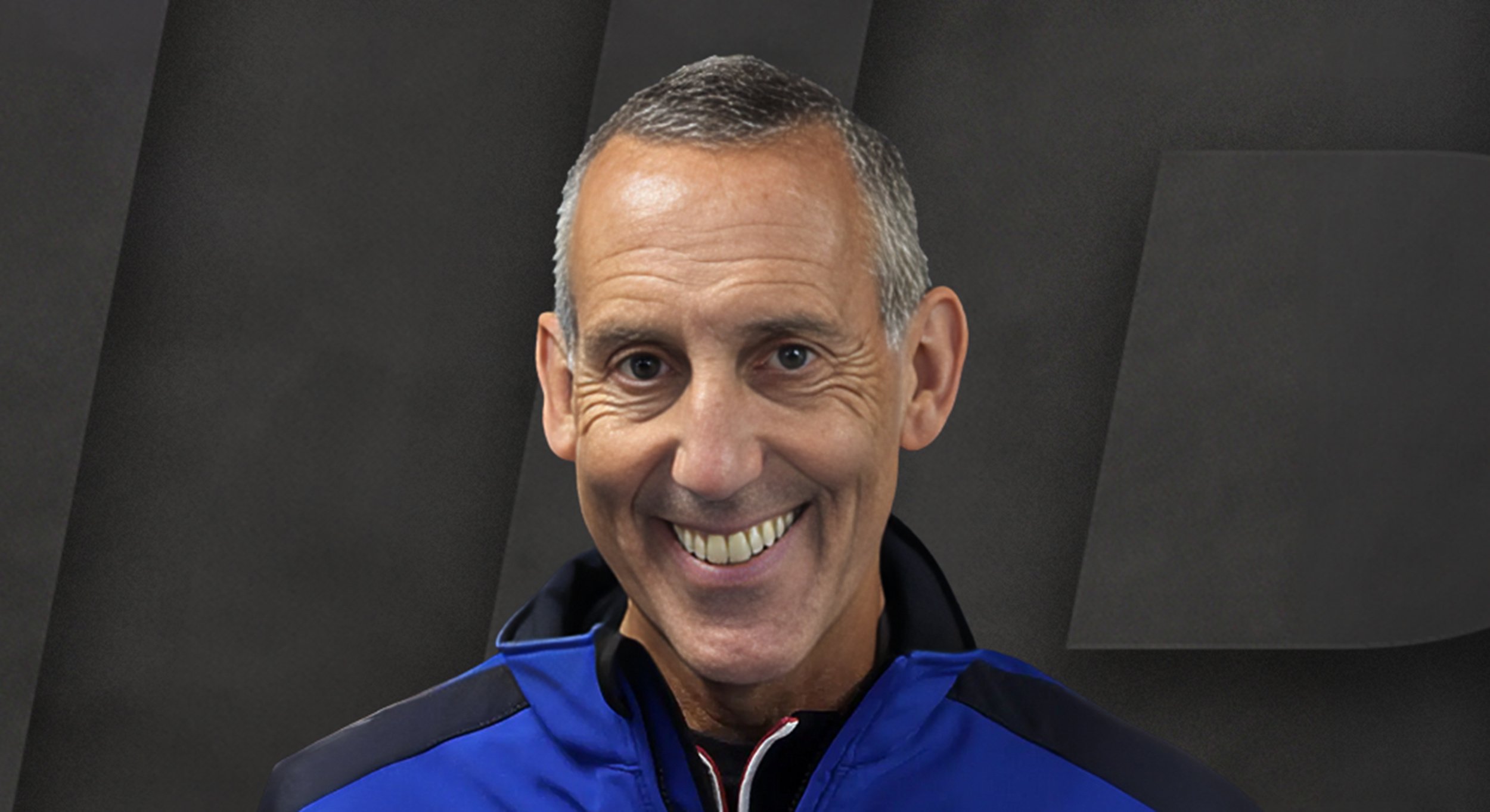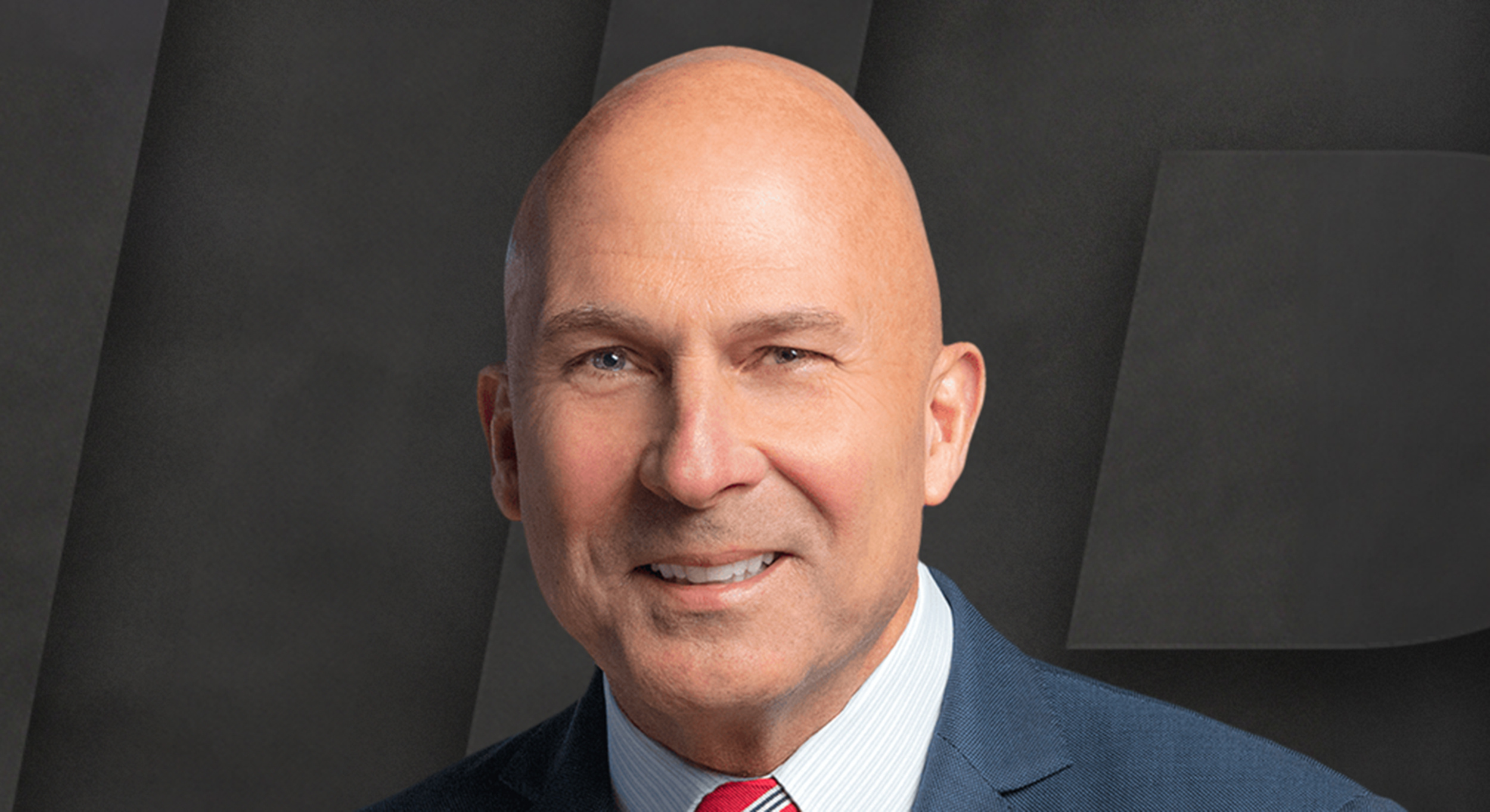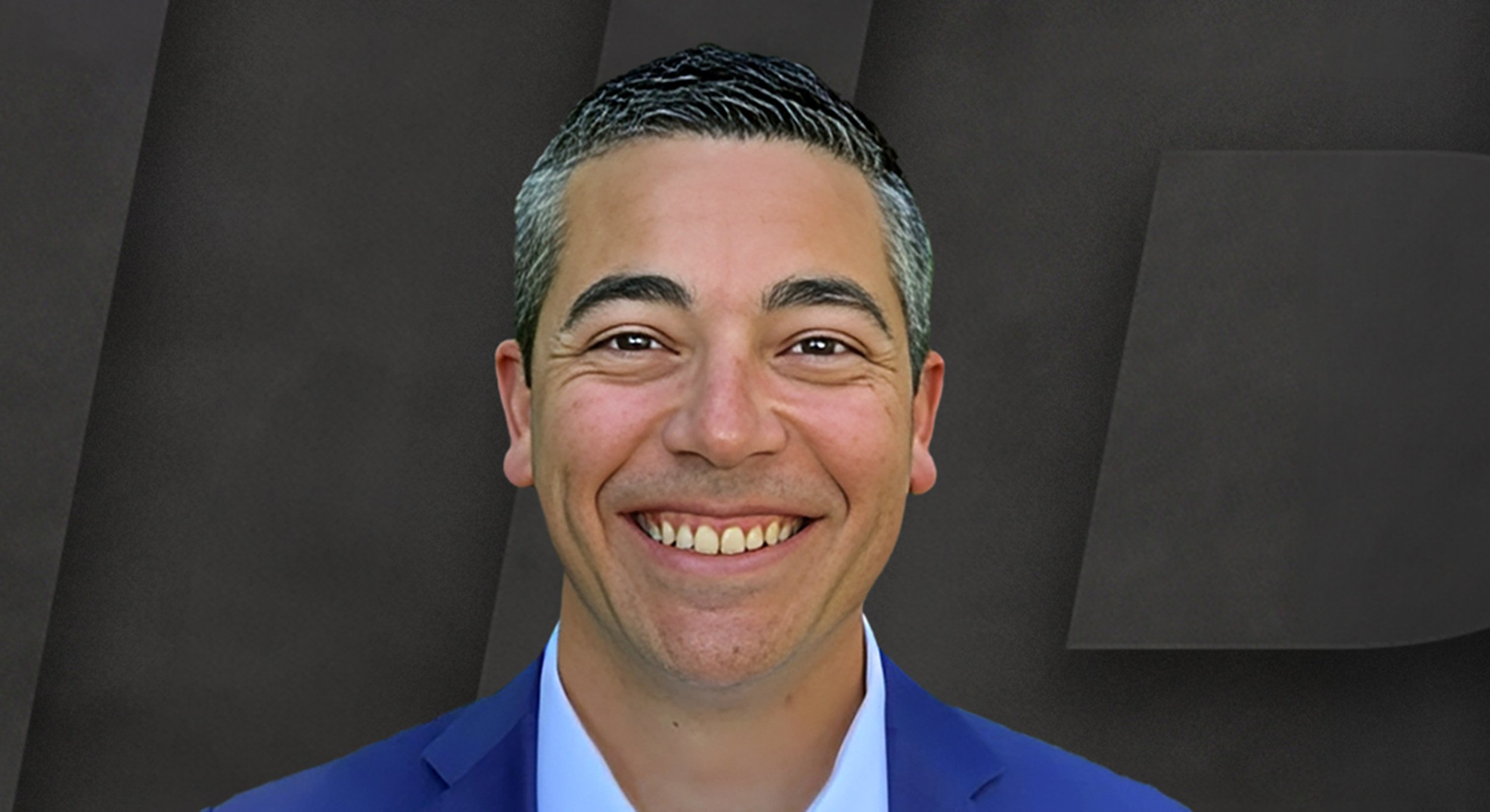EP 27 — ThinkOrbital’s Lee Rosen on Innovating the Future of Space Exploration
by Chris Petersen on Sep 12, 2024

On this week's episode of the DIB Innovators podcast, David speaks with Lee Rosen, Co-founder, President, and CEO of ThinkOrbital. Lee shares his journey from military service to leading innovative projects in the aerospace industry. He discusses the importance of adaptability and creative problem-solving in overcoming challenges in space exploration.
Lee reflects on his experiences at SpaceX, emphasizing the value of collaboration and building a talented team that embraces forward-thinking. He also explores the exciting prospects of human habitation in space and how emerging technologies are shaping the future of the industry.
Topics discussed:
- The importance of fostering a culture of creativity and innovation within teams is emphasized as essential for success in the aerospace industry.
- How collaboration among diverse teams can drive advancements and solve complex problems in space exploration and technology development.
- The future of human habitation in space, discussing the necessary technologies and strategies to make it a reality.
- The numerous challenges faced in the aerospace sector, including technical, regulatory, and logistical hurdles that require innovative solutions.
- Valuable leadership lessons, including adaptability, vision, and the ability to inspire teams in high-pressure environments.
- How new technologies are revolutionizing the aerospace industry, enabling more efficient and effective approaches to space missions.
Guest Quotes:
“Always been fascinated by the medium of outer space. And space has all kinds of constraints. The hardest medium to operate in. No disrespect to my ground-pounding brothers and sisters, or airmen that fly, and those kind of things, but the environment of space is just really frickin' hard. Everything wants to kill you. You can't see it, so it's not really tangible. The physics are seemingly different than they are on the planet.”
“We used to call it a million consecutive miracles that have to happen, but they're not miracles. It's just math. And you've got to be super rigorous and disciplined and make sure that all of that math works right before you go launch anything into outer space. And you've seen from a spate of failures and things like that that it is still wicked hard to do and you've got to concentrate on it.”
“In my estimation, the next big constraint that we have to go after in outer space is the size of things in space. Everything in space is relatively tiny compared to any terrestrial application. You would not build a factory here on Earth to produce something at large scale or large volume that's 30 ft long and 10 ft wide. It makes absolutely no sense, but that's how everything in outer space is done.”
“So the biggest risk and challenge that I have is explaining to people that this is not science fiction, this can really happen, that the physics close, that we can actually do these type of things and build these huge infrastructure platforms in outer space. Everyone's like, ‘oh, that's, you know, that's Star Wars kind of stuff and it's 20 years away.’ No, it is not Star Wars stuff, and it's math, and it's five years away if we get after it very, very quickly. And that's exactly what we're doing.”
Get in touch with Lee Rosen:
Get in touch with your host, David Graff:
Listen to more episodes:
You May Also Like
These Related Stories

EP 14 — Dauntless XR’s Lori-Lee Elliott on Enhancing Defense Training and Operational Efficiency with Extended Reality

EP 33 — Rafael Systems Global Sustainment’s Joe Anderson on the Power of Mentorship for Success in the DIB



No Comments Yet
Let us know what you think